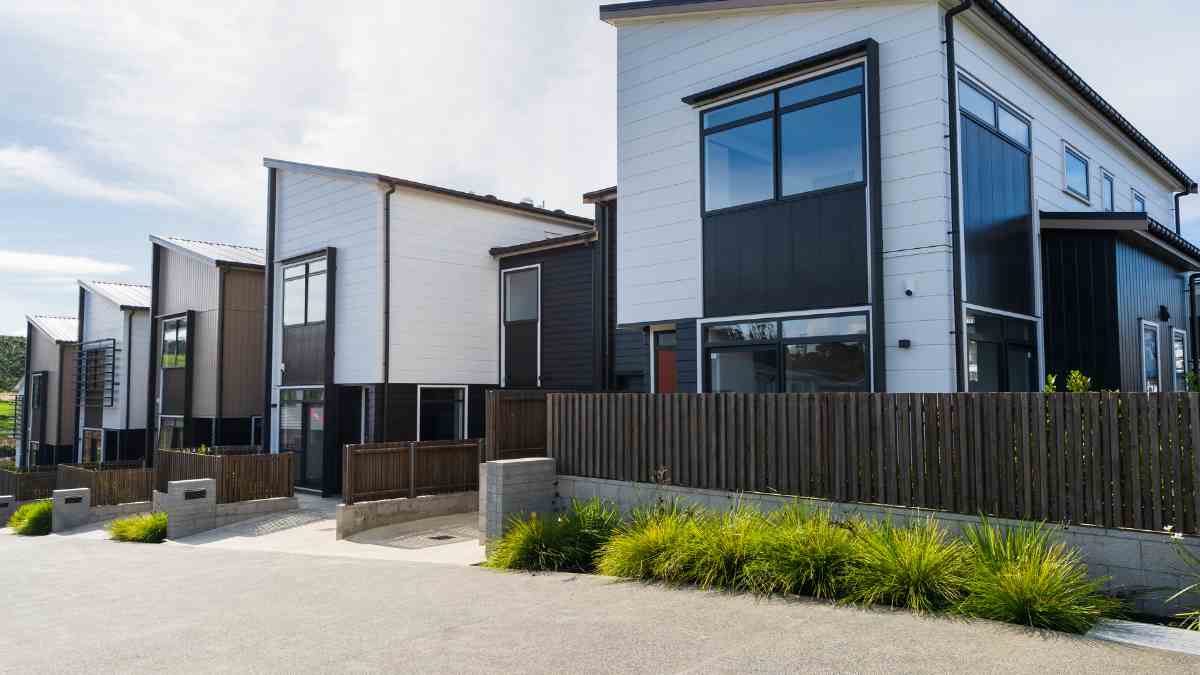Real estate investment in Africa is gaining traction as investors search for high-growth markets beyond traditional territories. With a growing population, rapid urbanization, and increasing demand for housing and commercial infrastructure, Africa offers unique opportunities. However, navigating this landscape also comes with its own set of challenges.
In this article, we explore both the hurdles and the high-potential areas that define real estate investment in Africa today.
Why Africa Is Attractive for Real Estate Investment
Africa’s real estate sector is being reshaped by several powerful trends:
1. Rapid Urbanization
According to the United Nations, Africa’s urban population is projected to triple by 2050. This urban shift creates a massive need for housing, commercial spaces, shopping malls, and mixed-use developments.
2. Expanding Middle Class
A growing middle class across countries like Nigeria, Kenya, Ghana, and South Africa is driving demand for modern housing, retail centers, and office spaces. This demographic is increasingly seeking quality real estate options.
3. Infrastructure Development
Major infrastructure projects—including roads, railways, and airports—are opening up new corridors for real estate development, especially in emerging cities.
Key Challenges in Real Estate Investment in Africa
While the opportunities are compelling, real estate investment in Africa also comes with complexities. Understanding these can help investors plan effectively.
1. Land Ownership and Legal Hurdles
Many African countries have fragmented land registration systems. Land disputes, unclear titles, and slow documentation processes can stall projects or increase legal risk.
2. Limited Access to Financing
High interest rates, underdeveloped mortgage markets, and limited access to long-term financing can be barriers for both developers and buyers.
3. Currency and Economic Volatility
Exchange rate fluctuations and economic instability in some regions can affect property values and returns, especially for foreign investors.

Emerging Trends and Growth Opportunities
Despite the challenges, smart investors are finding ways to thrive by aligning with emerging trends:
1. Affordable Housing
With a housing deficit of over 50 million units across the continent, affordable housing remains one of the most viable segments. Governments are increasingly supporting public-private partnerships to close this gap.
2. Proptech Innovations
Startups are using technology to simplify property search, verification, payments, and property management. These tools are making real estate investment in Africa more transparent and accessible.
3. Green and Sustainable Buildings
Eco-conscious developments are gaining traction, particularly in upscale residential and commercial markets. These projects attract high-end buyers and help future-proof investments.
Conclusion
Real estate investment in Africa is not without risk, but it holds unmatched potential for those who understand the landscape. Successful investors are those who do their homework—partnering with trusted local experts, conducting due diligence, and aligning with long-term trends.
As Africa continues to grow and urbanize, the continent is set to become one of the most dynamic real estate frontiers in the world. For savvy investors, now is the time to take a closer look.



